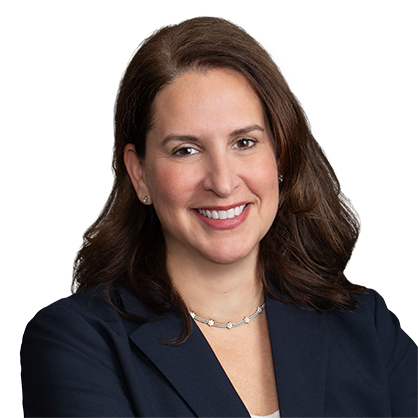Insights
Thought Leadership
New York City Bans Employers from Asking Applicants About Salary History
On May 4, New York City Mayor Bill de Blasio signed into law a bill banning employers from asking a job applicant about her salary history or relying on salary history to determine the applicant's compensation unless the applicant voluntarily offers the information. The term "salary history" is defined broadly and encompasses the applicant's wage rate history as well as any benefits or other compensation the applicant may have received. The law takes effect on October 31.
Prohibitions Under New York City's Law
Pursuant to this amendment to the New York City Human Rights Law (NYCHRL), it will be an unlawful discriminatory practice for an employer to ask an applicant or the applicant's current or former employer (including current or former employees or agents of the applicant's current or former employer) about an applicant's salary history. Employers also are prohibited from searching publicly available sources to gather information about an applicant's salary history. This amendment will significantly alter the hiring process used by most employers, who commonly inquire about an applicant's salary history during the hiring process.
Following the effective date, employers also will be prohibited from considering an applicant's salary history in determining the salary, benefits, or other forms of compensation for that applicant. Although employers are still permitted to conduct applicant background checks, if the background check reveals any information relating to the applicant's salary history, the employer may not use that information for purposes of determining an applicant's compensation. There are several noteworthy exceptions to this prohibition. Employers may consider an applicant's salary history to determine salary, benefits, and other compensation if the applicant voluntarily and without prompting provides such information. The law also permits employers to discuss an applicant's compensation expectations, including any unvested equity or deferred compensation an applicant would forfeit by resigning employment with his or her current employer.
Remedies for Violations
Employers who violate the law may face significant costs. Under the NYCHRL, aggrieved individuals may file a charge with the New York City Commission on Human Rights or file a lawsuit seeking damages available for other violations of the NYCHRL, including back pay, compensatory damages, and attorneys' fees. Further, the New York City Commission on Human Rights has authority to impose a civil penalty of up to $125,000 for an unintentional violation, and up to $250,000 for a willful, wanton, or malicious act.
Measures Aimed at Eliminating the Gender Wage Gap Outside of NYC
This legislation follows similar efforts in other jurisdictions to combat gender-based pay disparities. Philadelphia passed legislation prohibiting employers from inquiring about salary history during the hiring process, which was scheduled to go into effect on May 23; however, a challenge by the Chamber of Commerce of Greater Philadelphia has delayed the effective date. Similarly, a new Massachusetts law is scheduled to take effect in July 2018. Several other states and municipalities have introduced similar legislation.
What Should Employers Do?
Employers must review their hiring practices and procedures to ensure compliance with the law. Questions relating to salary history should be removed from job application materials, including background checks requests and other verification inquiries (whether conducted internally or by third parties). Employers should also train human resources personnel and all other employees who may be involved in the hiring process to understand the prohibitions and parameters of the new law.




